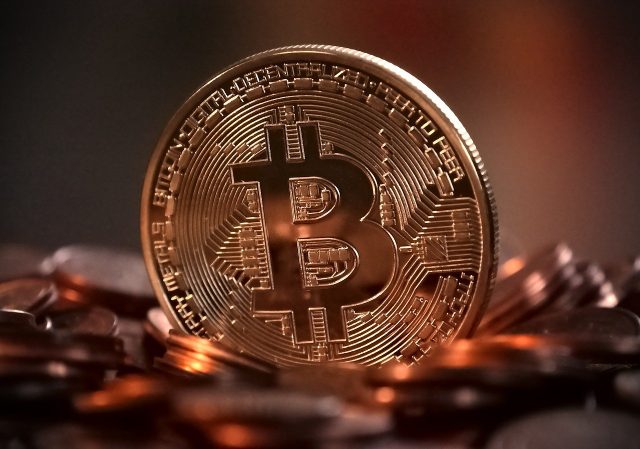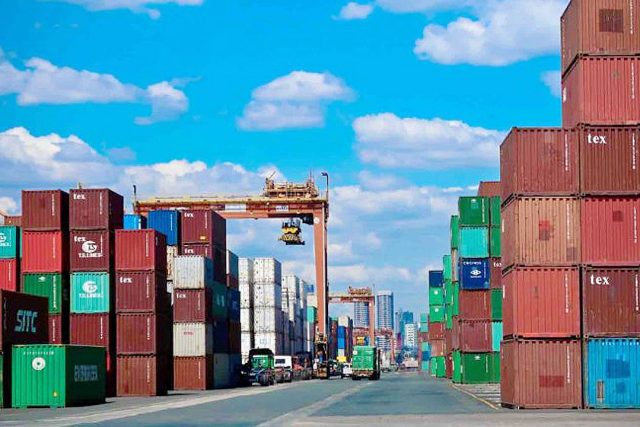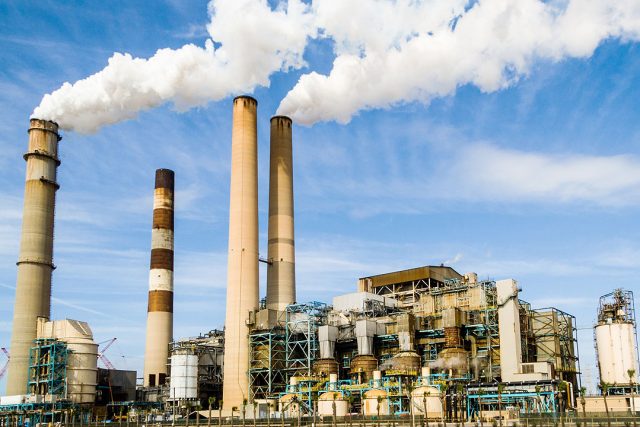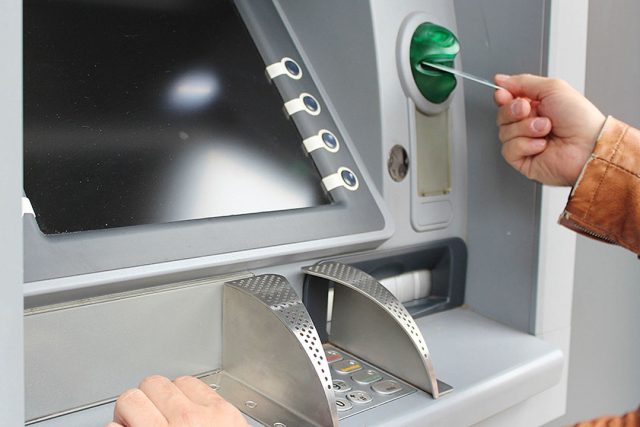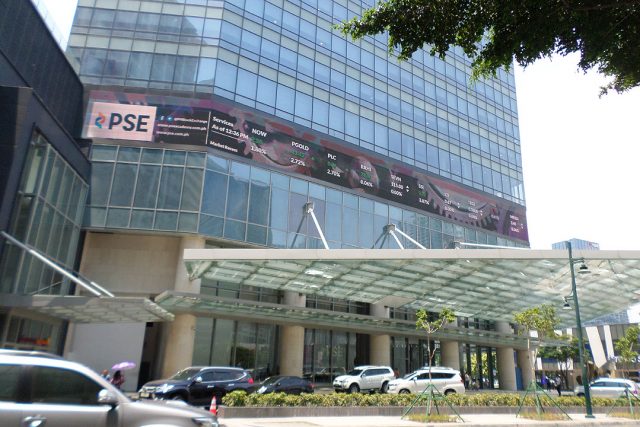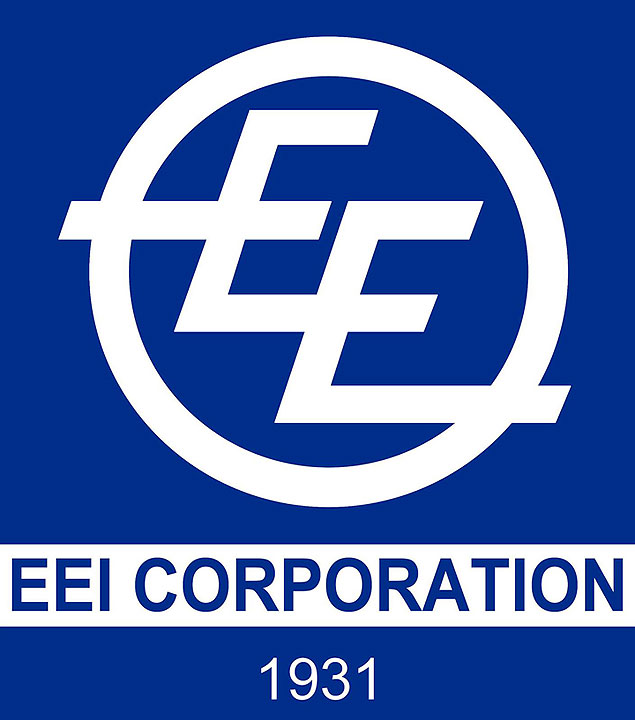By Jenina P. Ibañez, Senior Reporter
THE PHILIPPINE government has created its own scorecard to assess its pandemic response as it extends the fourth phase of its national action plan against the coronavirus disease 2019 (COVID-19).
The National Economic and Development Authority (NEDA) introduced the scorecard on Monday as it criticized global indices showing the Philippines scored poorly in handling the COVID-19 outbreak.
“We are being compared against the other countries and there’s no consideration for country-specific COVID context,” NEDA Undersecretary Rosemarie G. Edillon said at a briefing.
As vaccinations lagged, the Philippines remained at the bottom of Bloomberg’s COVID Resilience Ranking last month, which ranked the best and worst places to be during the pandemic. The country improved to 103rd out of 121 countries in the Nikkei Asia COVID-19 Recovery Index after ranking last a month earlier.
Ms. Edillon said these indices are useful because the Philippines can learn from how other countries reopened their economies.
But she noted that under the international rankings, indicators like the reopening of the economy or COVID-19 case count are equally weighted, which means that one indicator is used as if it could be substituted for another.
“The goal of the National Action Plan (NAP) Phase 4 is to manage COVID-19 towards a healthier and resilient Philippines,” she said. “The goal really is to balance these health and economic objectives.”
The fourth phase of the national action plan started in July and will be enforced until 2023. The phase focuses on sustaining a “new normal,” enforcing the updated Philippine Development Plan, and implementing the national vaccine roadmap.
Earlier phases focused on mitigating economic impacts, planning for vaccination, and managing health risks.
The phase 4 action plan aims to monitor COVID-19 case recurrences and outbreaks, standardize border control, reach COVID-19 immunization of 70 million Filipinos by the end of this year, and create a sustainable nationwide immunization program by 2023.
The plan also aims to promote aggressive contact tracing and enforce a plan to catch up on long-term COVID-19 impacts on learning and the supply chain.
The government’s scorecard assesses the country’s infection management, vaccine rollout, and socioeconomic recovery under this NAP Phase 4.
Under this scorecard, the government gave itself a score of 4.42 in September and 4.83 in October out of a total possible score of 9.
Infection management and vaccine scores improved as the number of critical COVID-19 cases declined and as more people received the jab. But the socioeconomic score fell as flight activities worsened.
“We had many flight activities that were allowed in September, but because of the surge in (COVID-19) cases then we brought that down in October,” Ms. Edillon said.
She expects the score in November to improve, but did not offer targets.
Metro Manila is currently under a more relaxed Alert Level 2, as new COVID-19 cases continued to drop. As of Monday, the Health department reported 984 new COVID-19 infections, bringing the active caseload to 19,798.
According to the Johns Hopkins University Coronavirus Resource Center, the Philippines has now fully vaccinated 30.52% of the population.
The Nikkei index assessed how much closer a country is to recover in terms of infection management, vaccine rollouts, and social mobility, while the Bloomberg index measures the effectiveness of COVID-19 handling with the least social and economic upheaval.


